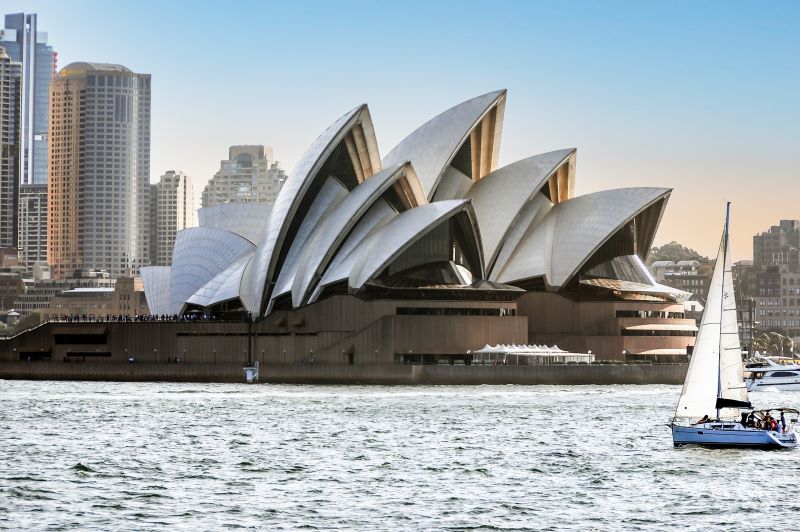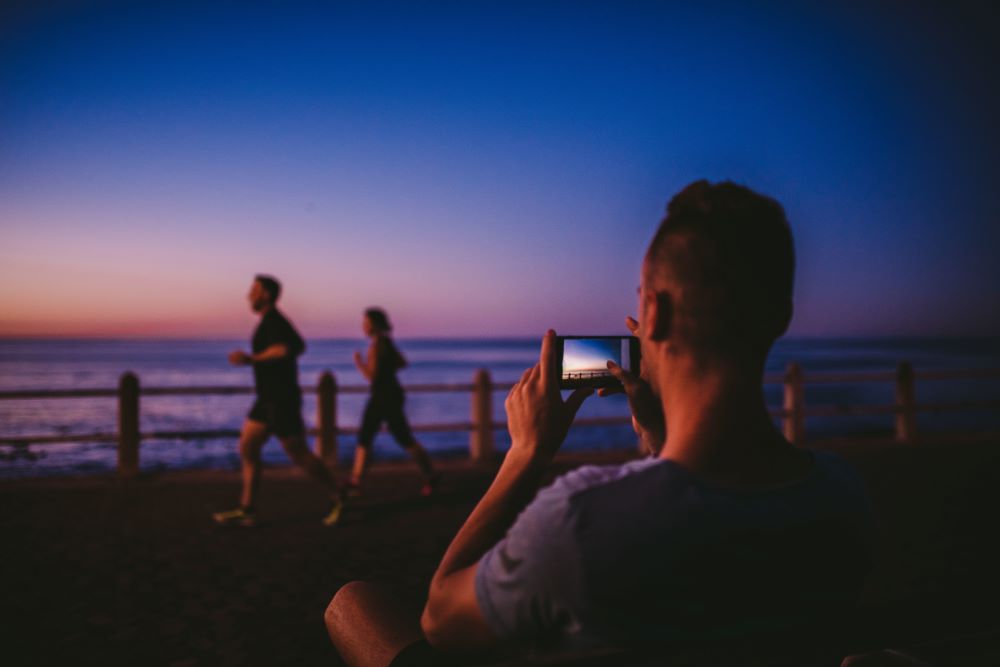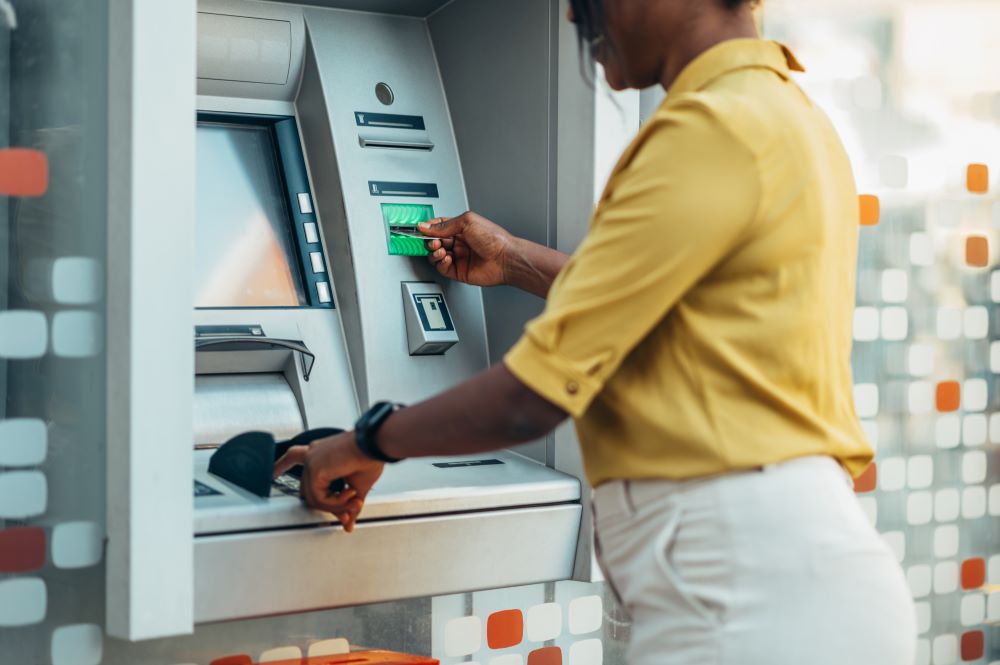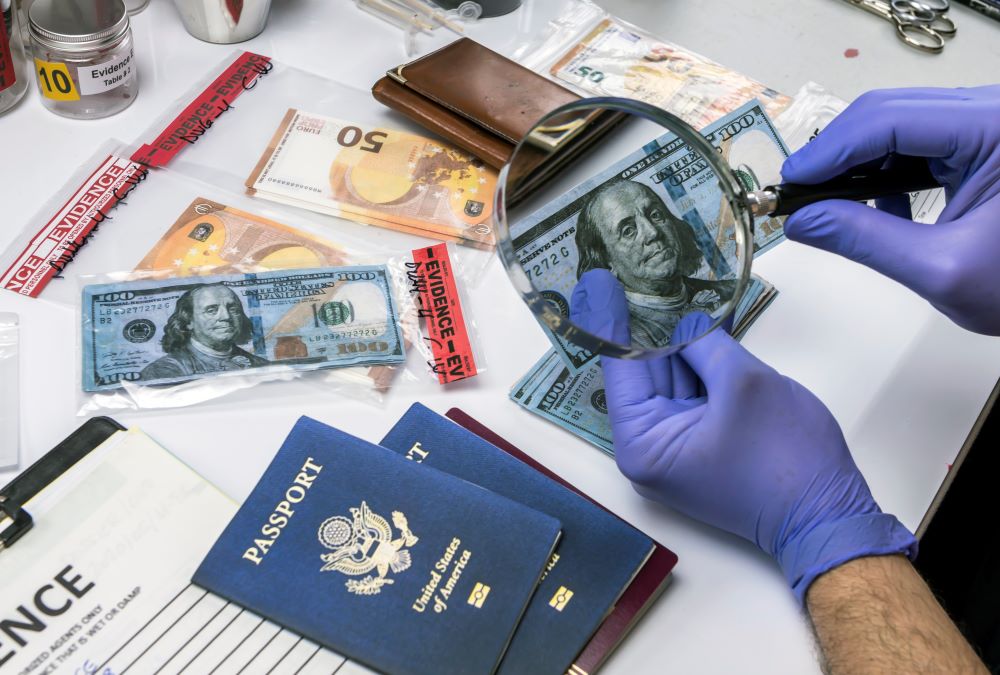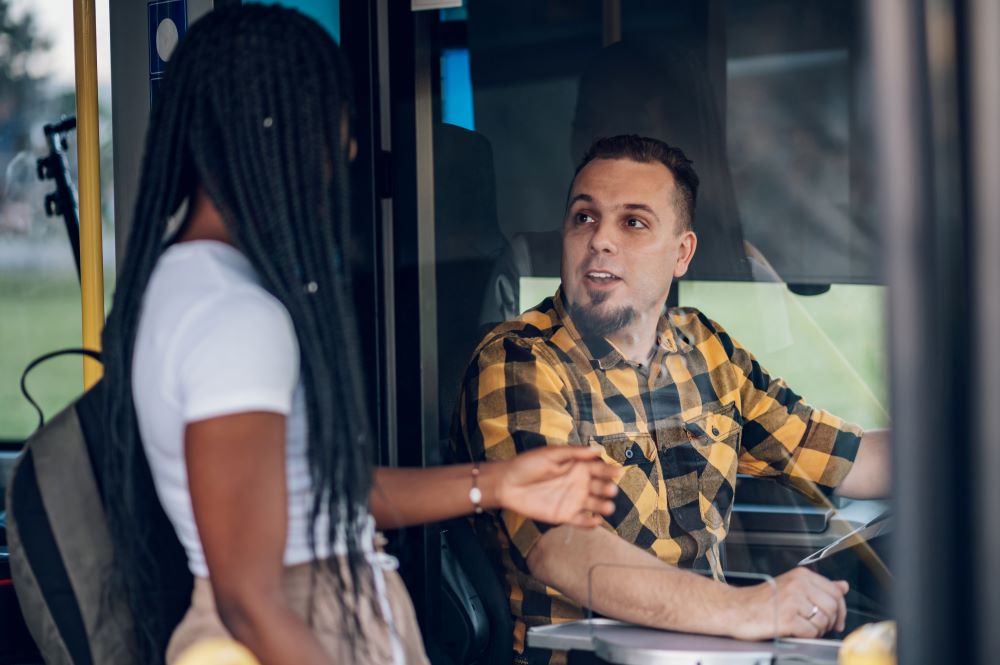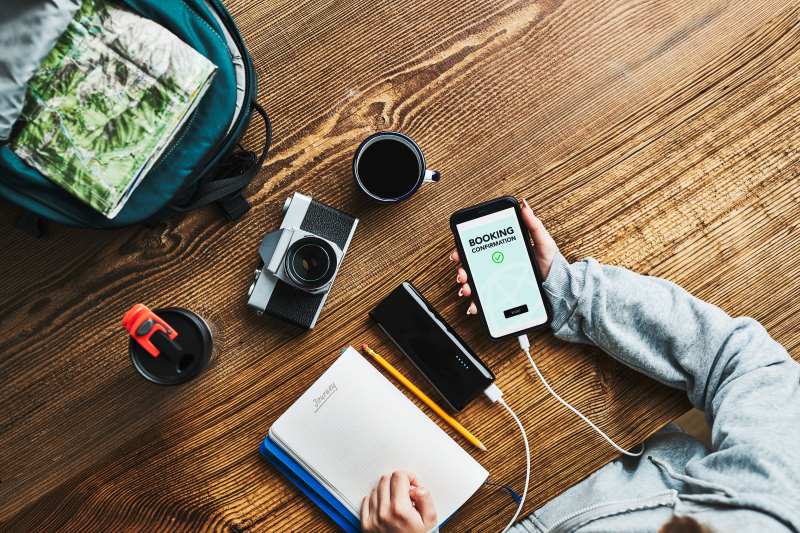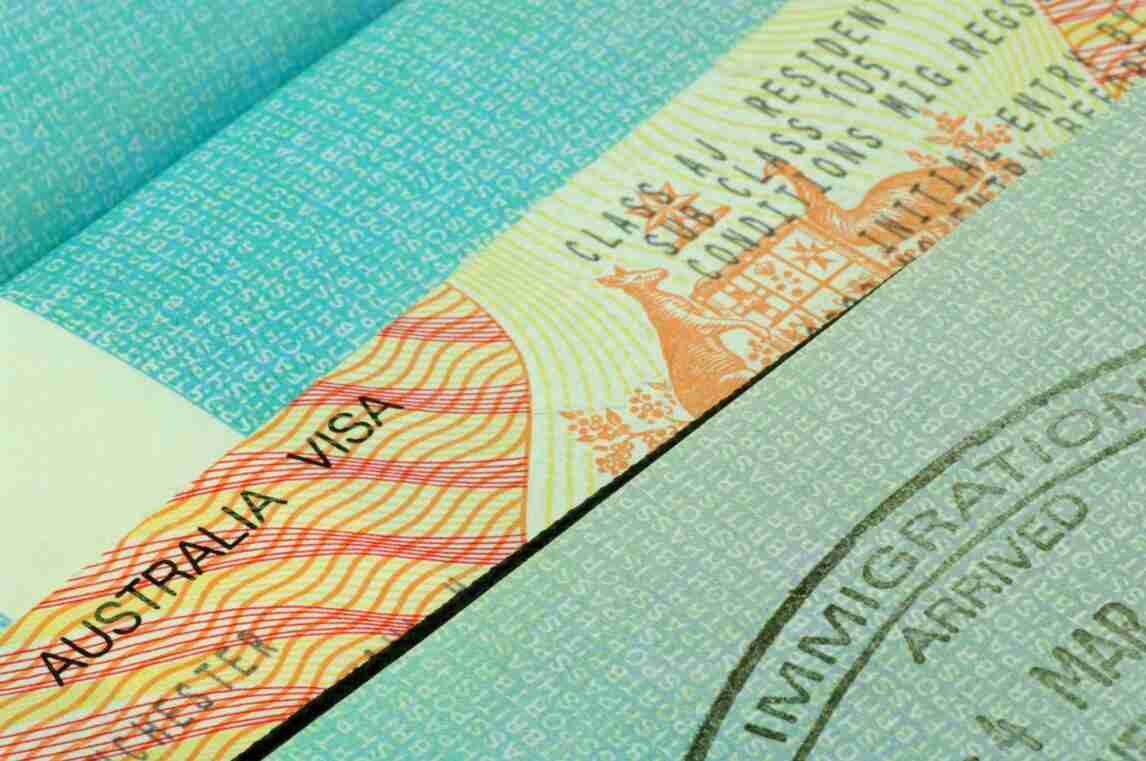×

General
General Products
Simple & Transparent! Policies that match all your insurance needs.
General Insurance



Rated App
37K+ Reviews
Rated App
7K+ Reviews
Scan to download
Life
Life Products
Digit Life is here! To help you save & secure your loved ones' future in the most simplified way.
Life Insurance



Rated App
37K+ Reviews
Rated App
7K+ Reviews
Scan to download
Claims
Claims
We'll be there! Whenever and however you'll need us.
Claims



Rated App
37K+ Reviews
Rated App
7K+ Reviews
Scan to download
Renewals

Renewals
General
Become an Agent

Resources
Resources
All the more reasons to feel the Digit simplicity in your life!
Resources

 Tools & Calculators
Tools & Calculators


Rated App
37K+ Reviews
Rated App
7K+ Reviews
Scan to download
Rated App
37K+ Reviews
Rated App
7K+ Reviews
account_circle
person
My Profile
download
Download Policy
 Logout
Logout
Our WhatsApp number cannot be used for calls. This is a chat only number.

Powered By Digit


